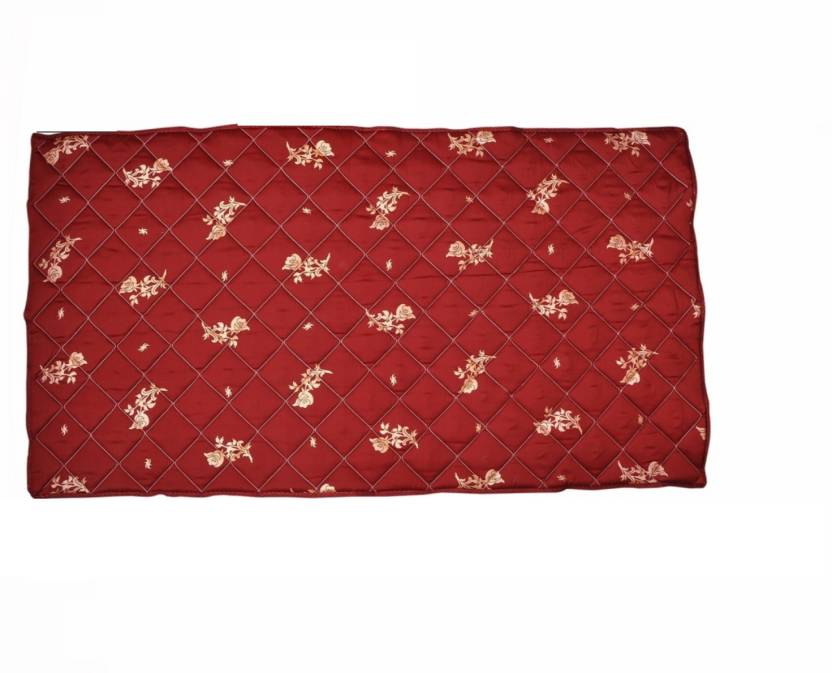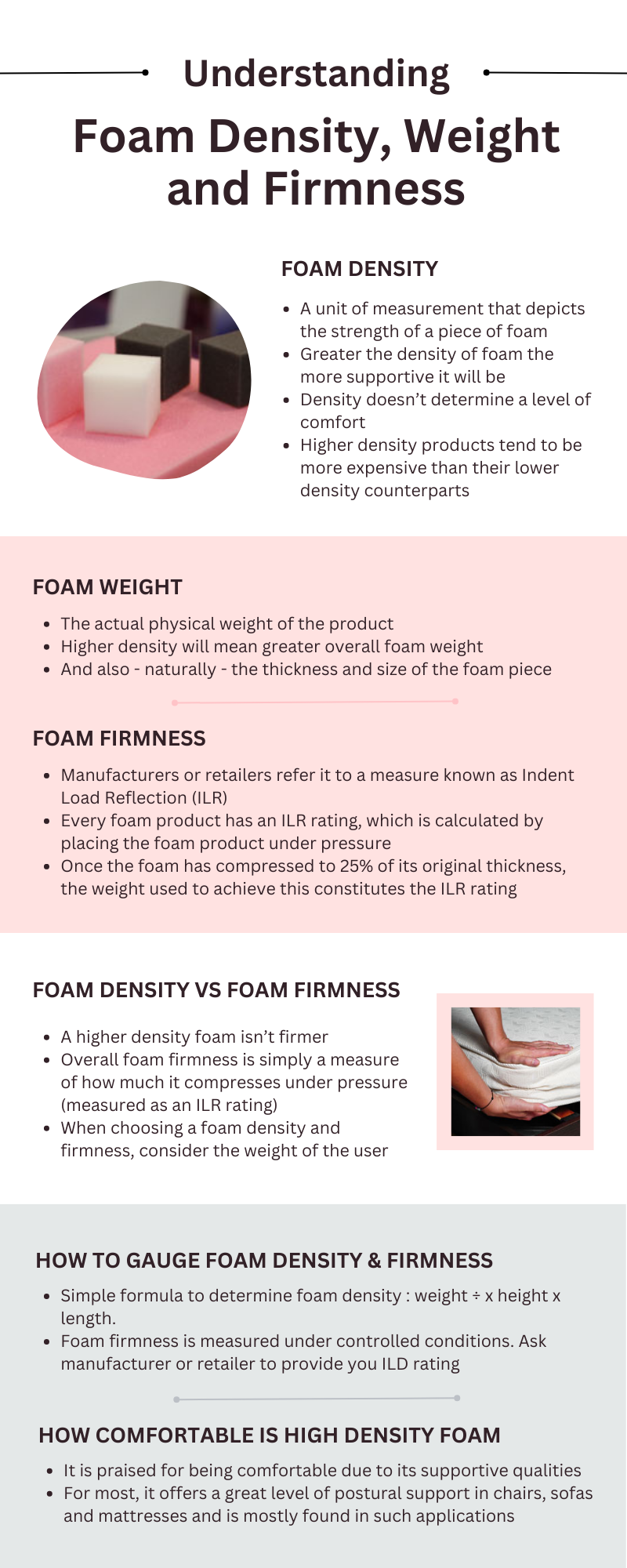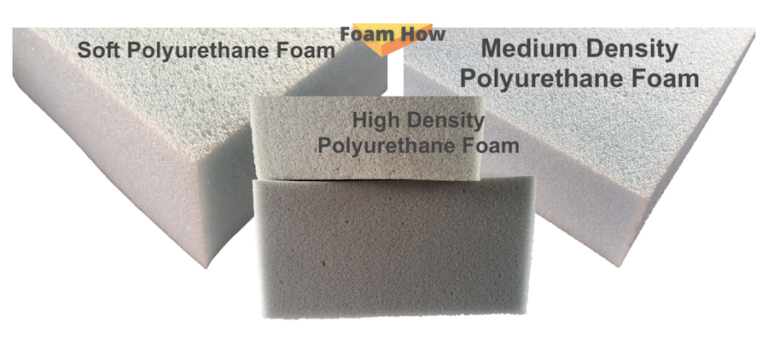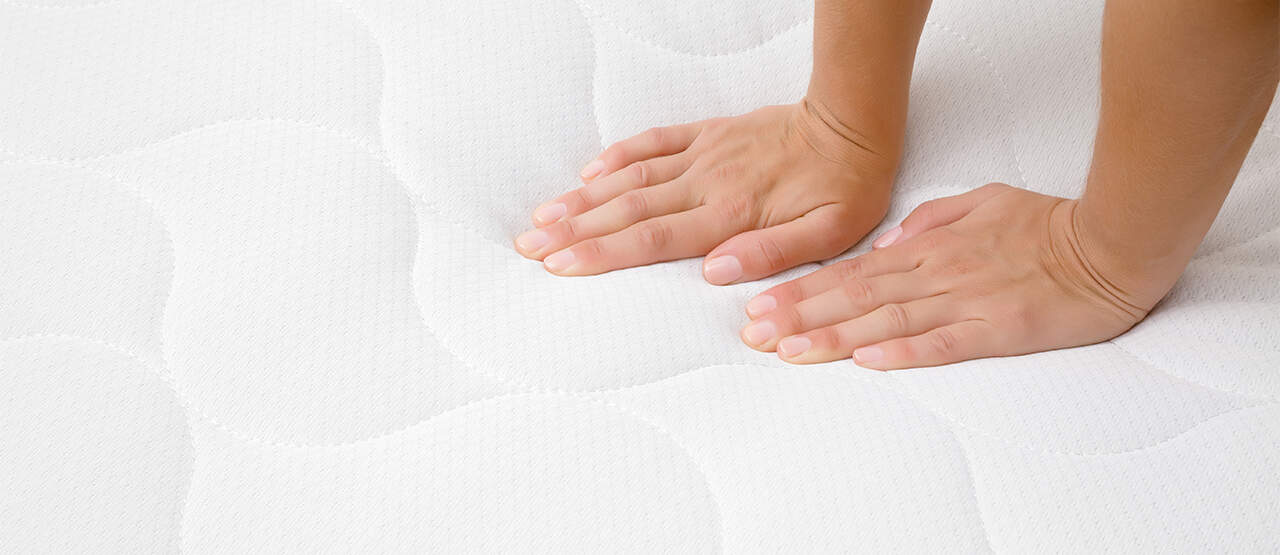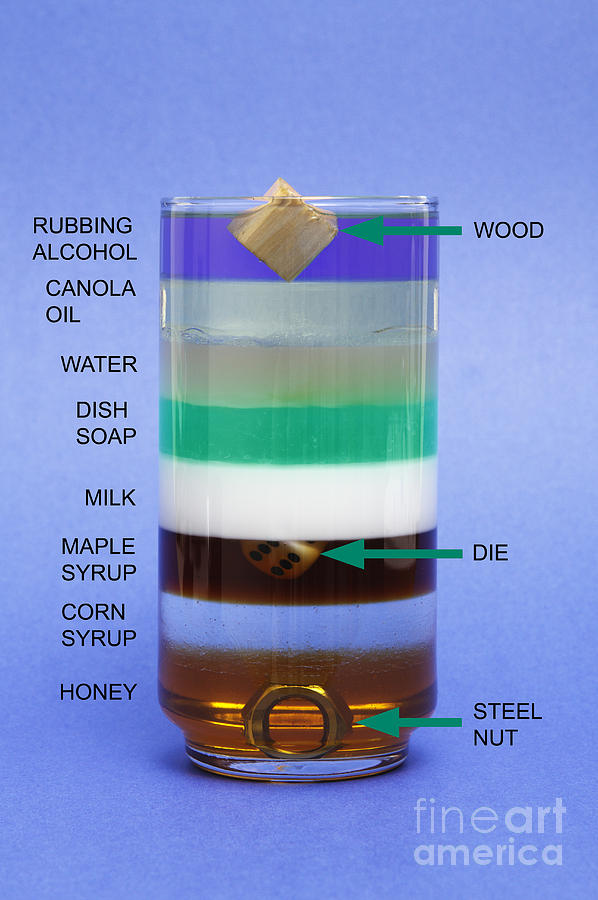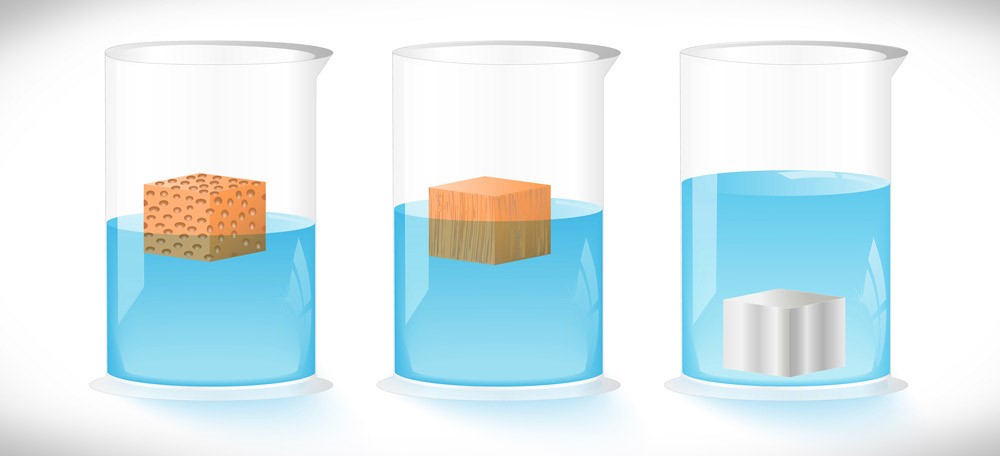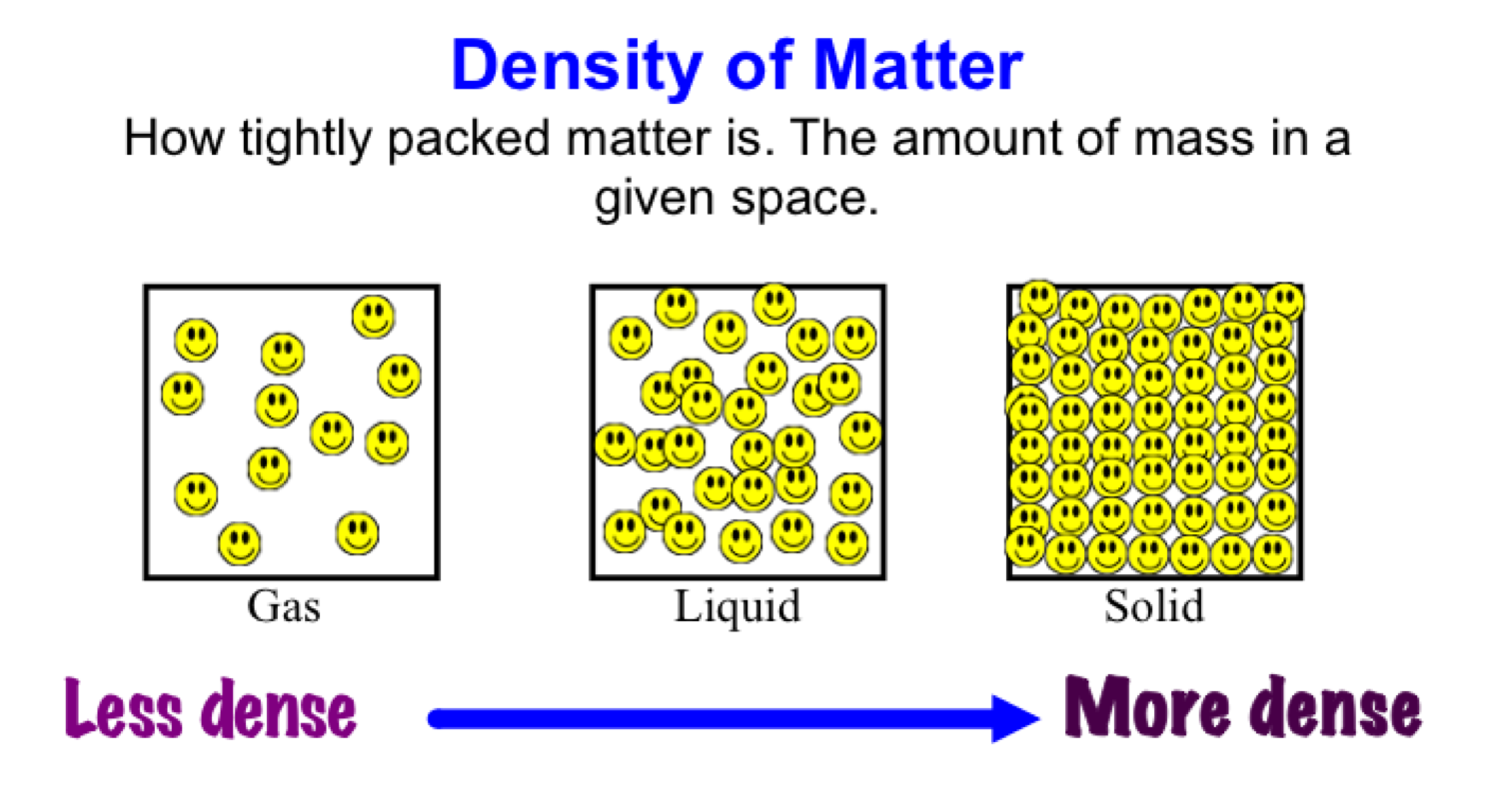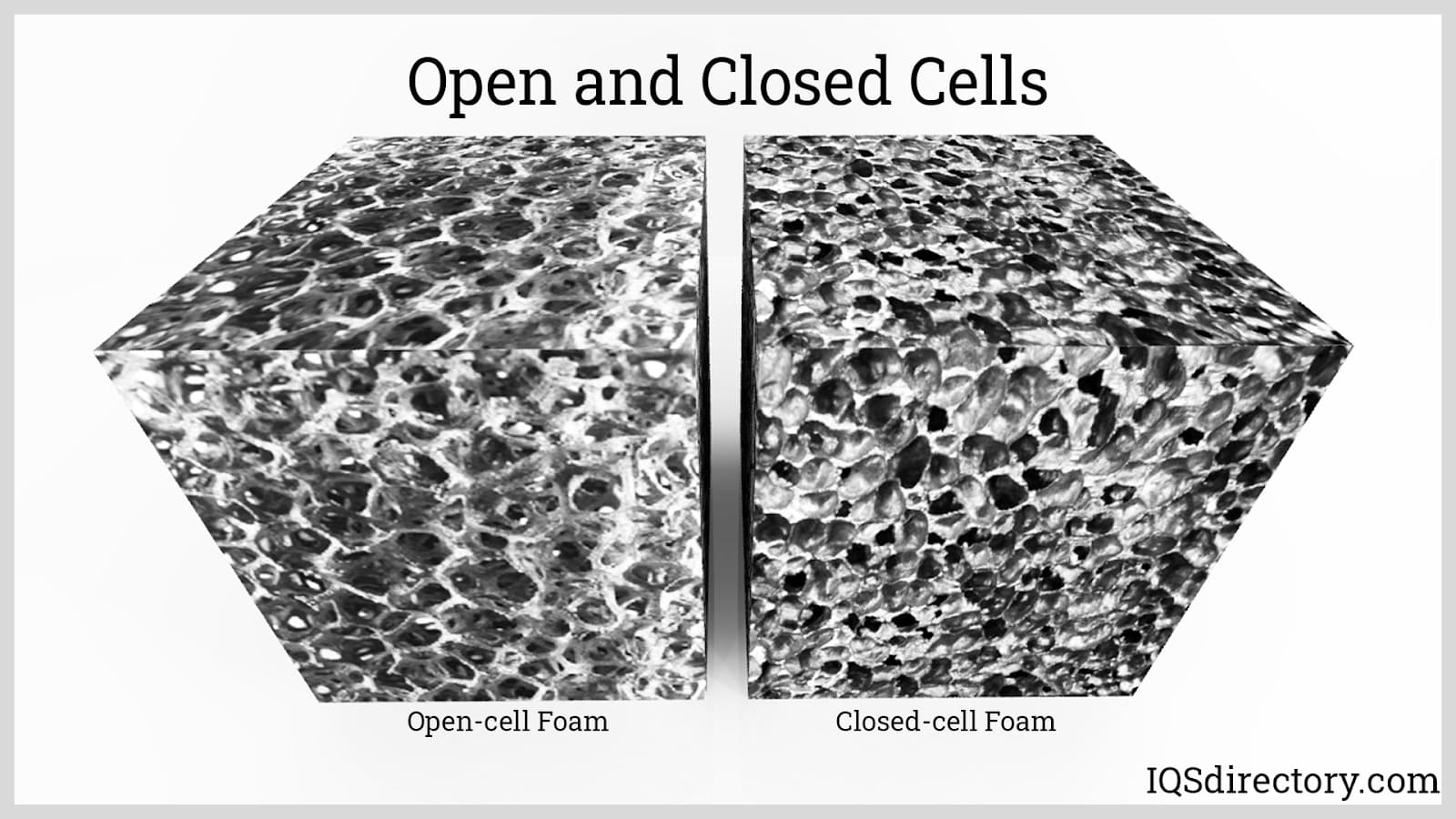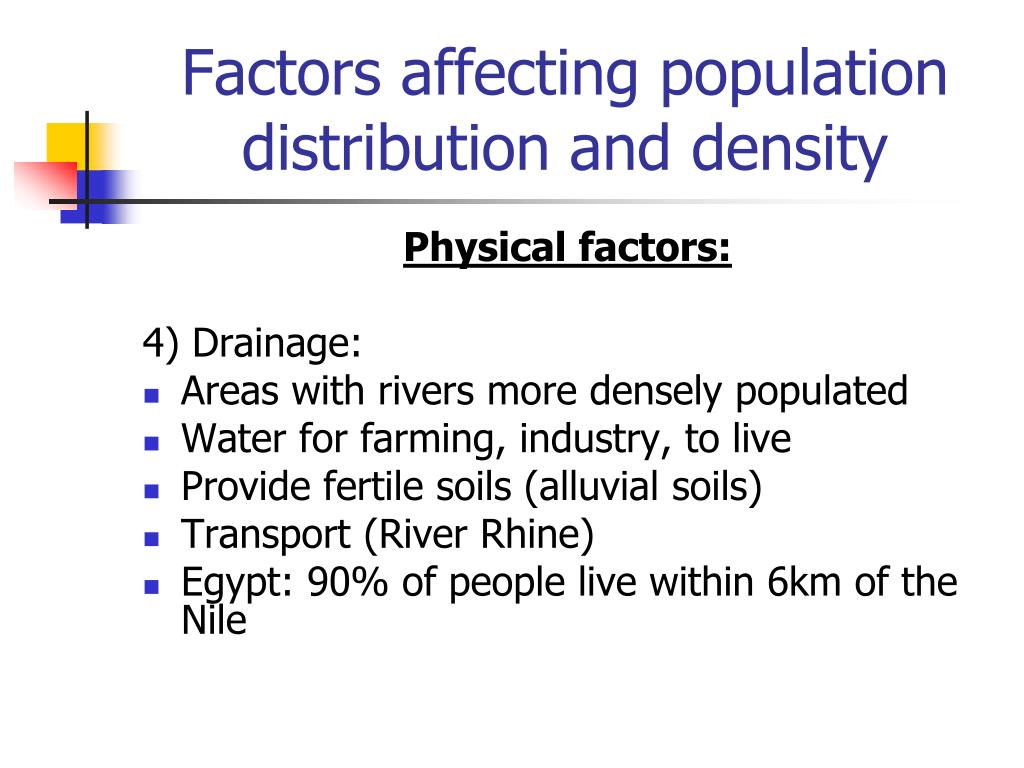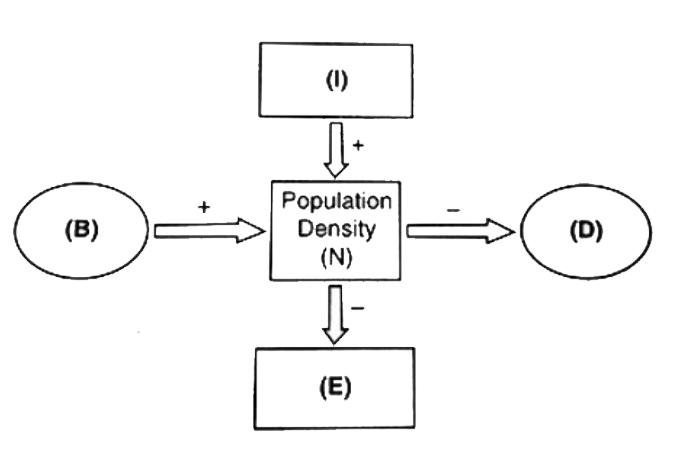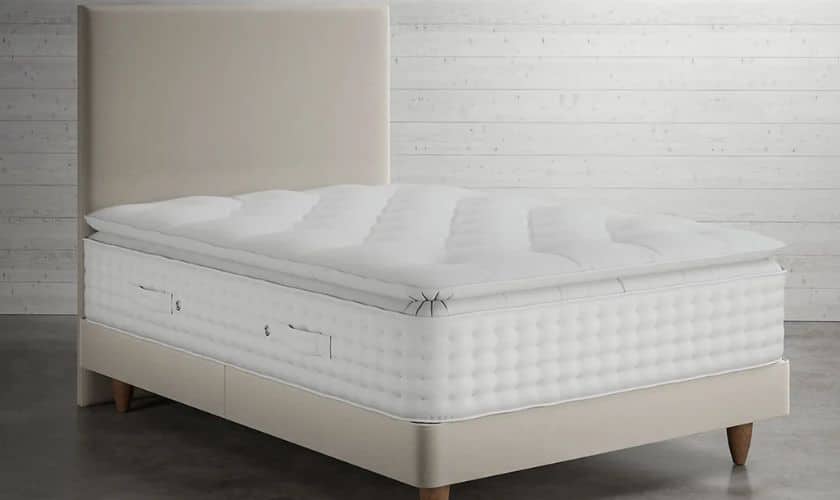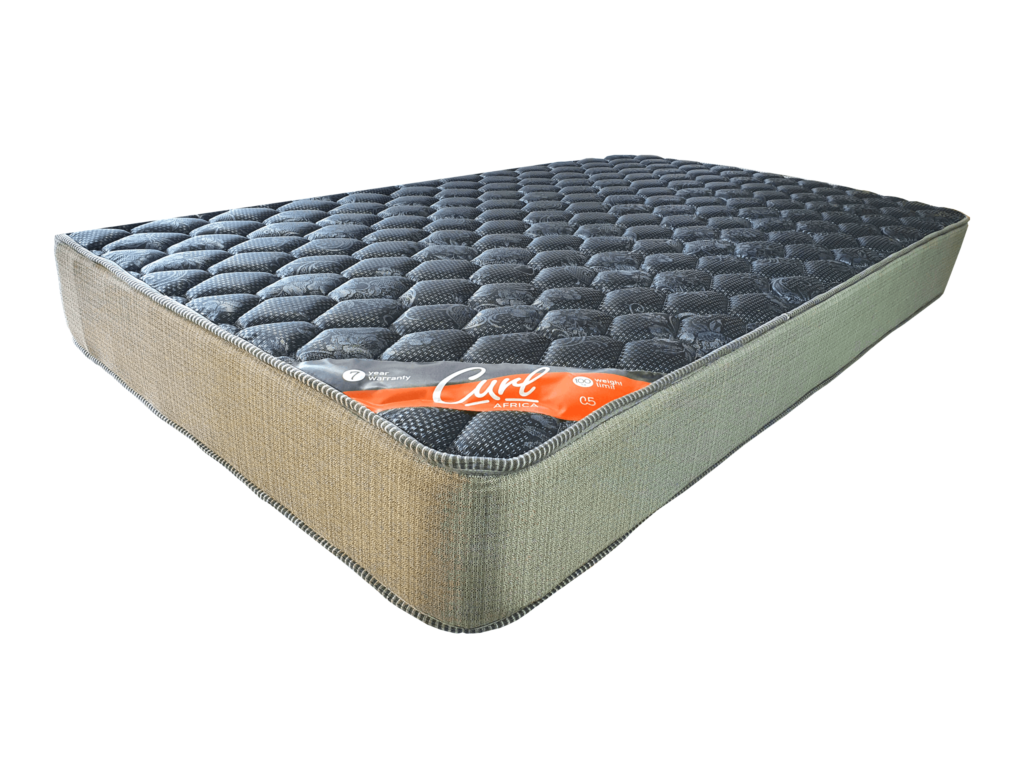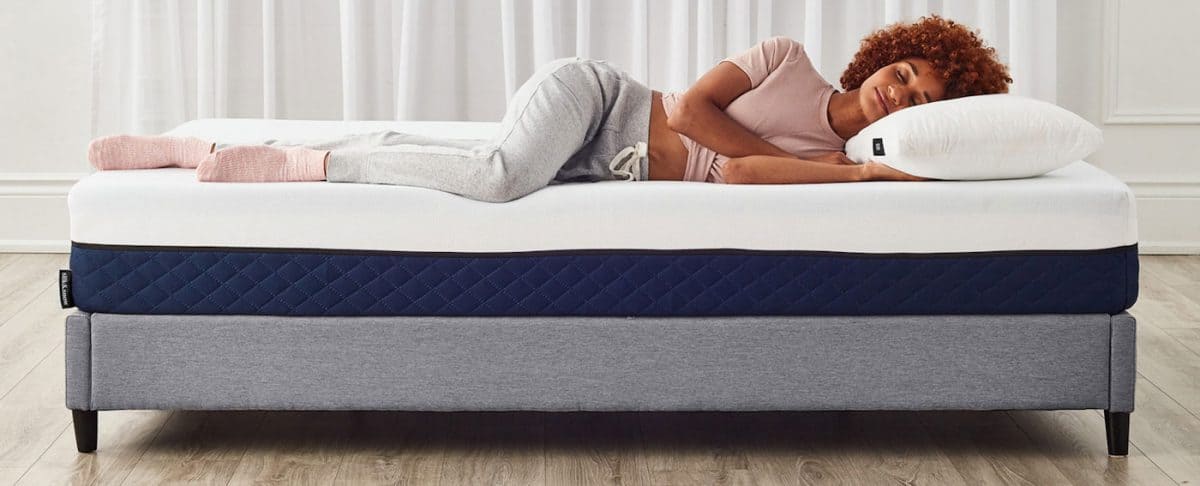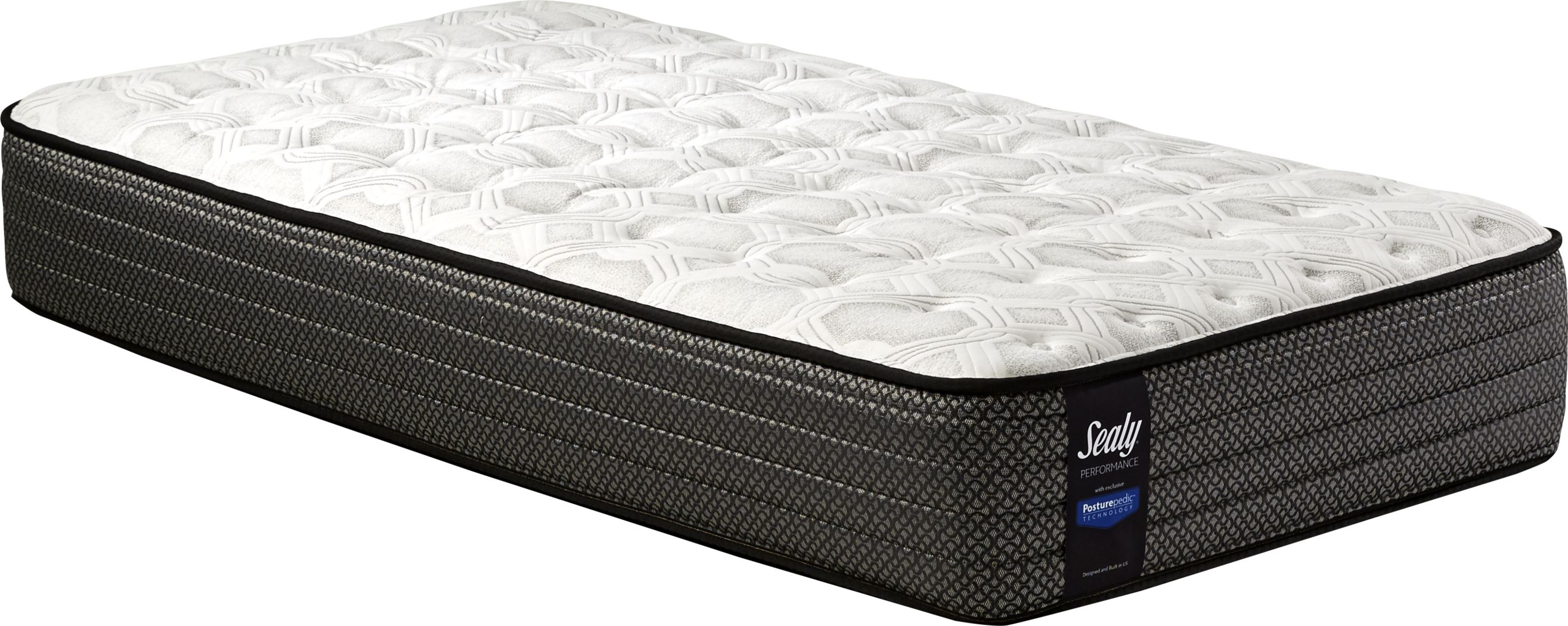PU foam mattresses are becoming increasingly popular for their comfort and support. However, with so many options available, it can be overwhelming to choose the right one for your needs. One important factor to consider is the density of the foam. In this article, we will explain everything you need to know about PU foam mattress density and why it matters.PU Foam Mattress Density Explained
PU foam density refers to the weight of the foam per cubic foot. This means that the higher the density, the heavier the foam will be. Density is measured in pounds (lbs) and can range from 1.5 lbs to 8 lbs or more. Typically, foam mattresses with a density of 4 lbs or higher are considered high density and are known for their durability and support.Understanding the Density of PU Foam Mattresses
The density of your PU foam mattress will determine its firmness and support. Therefore, it is important to consider your personal preferences and needs when selecting a density. For example, if you prefer a softer mattress, a lower density of 1.5-2 lbs may be more suitable. On the other hand, if you suffer from back pain or need extra support, a higher density of 5-6 lbs may be a better choice.Choosing the Right Density for Your PU Foam Mattress
High density PU foam mattresses offer a range of benefits that make them a popular choice among consumers. They provide excellent support and pressure relief, making them ideal for those with back or joint pain. Additionally, high density foam mattresses are known to last longer and maintain their shape and support over time, making them a cost-effective option in the long run.Benefits of High Density PU Foam Mattresses
One way to measure the density of a PU foam mattress is by using the ILD (Indentation Load Deflection) test. This test measures the firmness of the foam by applying weight to it and measuring how much it compresses. The higher the ILD number, the firmer the foam. However, it is important to note that ILD does not always directly correlate with density, so it is best to check the density specifications of the foam before making a purchase.How to Measure the Density of a PU Foam Mattress
When shopping for a PU foam mattress, you may come across different densities. It is important to compare these densities to determine which one is right for you. Lower density foam may be cheaper, but it may not provide the support and durability that a higher density foam can offer. Take the time to test out different densities and see which one feels most comfortable for you.Comparing Different Densities of PU Foam Mattresses
Several factors can affect the density of a PU foam mattress. These include the type and quality of the foam, the manufacturing process, and the thickness of the foam layer. Generally, higher quality foam and a thicker layer will result in a higher density. Additionally, some manufacturers may use fillers in their foam to increase the density, but this can also affect the durability and performance of the mattress.Factors Affecting the Density of PU Foam Mattresses
There are a few common misconceptions about PU foam mattress density that are important to address. One is that a higher density always means a firmer mattress. While this may be true in some cases, it is not always the case. The firmness of a foam mattress is determined by many factors, including density, ILD, and the type of foam used. Another misconception is that a higher density means a better quality mattress. While high density foam can provide excellent support and longevity, the quality of the foam and the manufacturing process also play a significant role in the overall quality of the mattress. It is important to research the brand and read reviews before making a purchase.Common Misconceptions About PU Foam Mattress Density
To ensure that your PU foam mattress maintains its density and support, proper care and maintenance are crucial. This includes rotating the mattress regularly, avoiding jumping or standing on it, and using a mattress protector. Additionally, following the manufacturer's instructions for cleaning and care can help prolong the life of your mattress.Maintaining the Density of Your PU Foam Mattress
Ultimately, the best PU foam mattress density for you will depend on your personal preferences and needs. Consider factors such as your preferred level of firmness, any existing back or joint pain, and your budget when selecting the density of your mattress. Remember to also consider the quality and type of foam, as well as the manufacturing process, to ensure you are getting the best product for your money. In conclusion, PU foam mattress density is an important factor to consider when shopping for a foam mattress. It can affect the comfort, support, and durability of the mattress, so it is important to understand the different densities and how they may suit your needs. By following the tips and information in this article, you can make an informed decision and find the perfect PU foam mattress for a good night's sleep.Finding the Best PU Foam Mattress Density for Your Needs
Polyurethane Foam Mattress Density: What You Need to Know
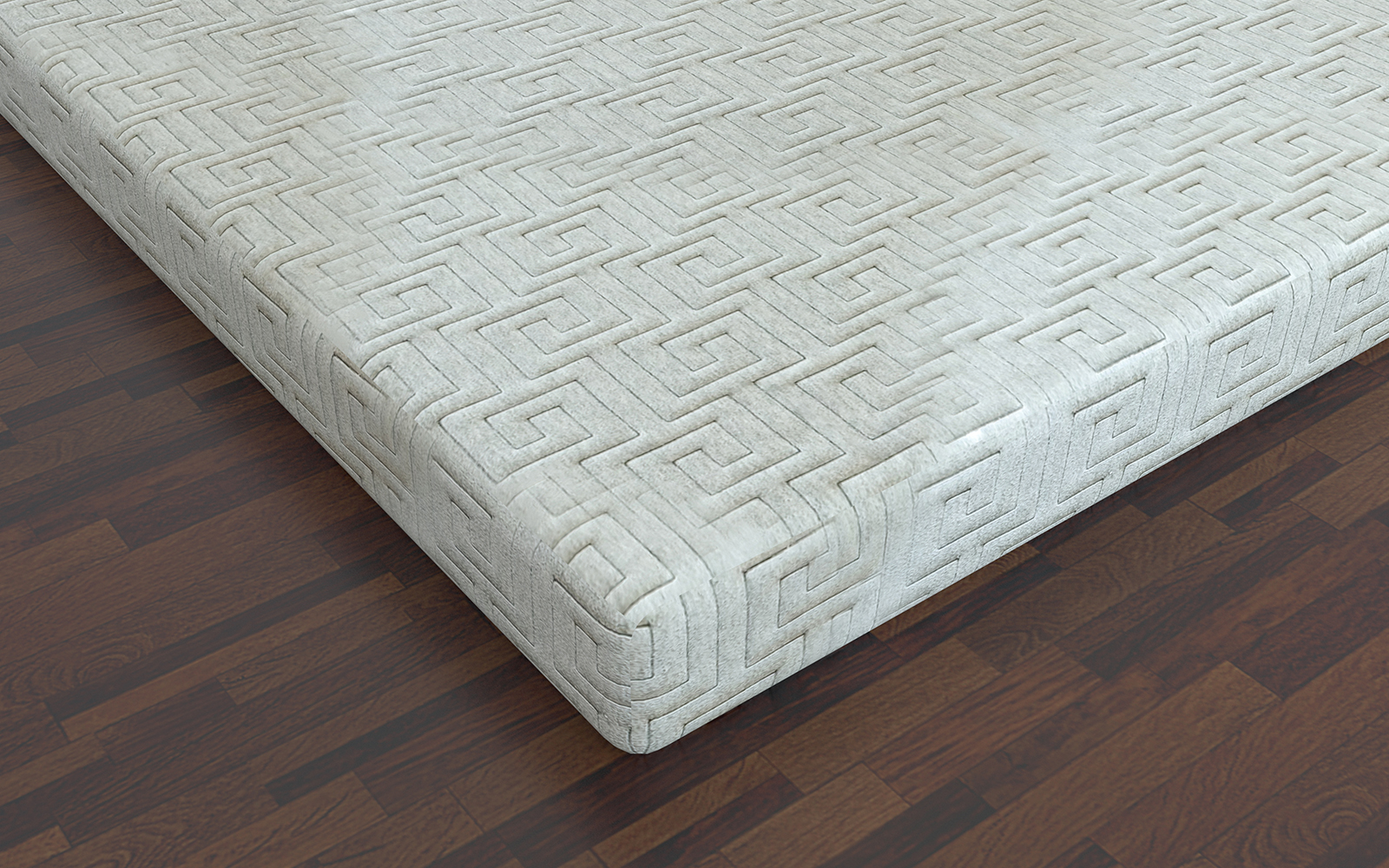
Understanding PU Foam Mattresses
 When it comes to choosing a mattress, one of the most important factors to consider is the density of the foam. Polyurethane foam, or PU foam, is a popular material used in mattresses due to its durability and support. But what exactly is foam density and why is it important? Let's dive in and explore the world of PU foam mattress density.
When it comes to choosing a mattress, one of the most important factors to consider is the density of the foam. Polyurethane foam, or PU foam, is a popular material used in mattresses due to its durability and support. But what exactly is foam density and why is it important? Let's dive in and explore the world of PU foam mattress density.
What is Foam Density?
 Foam density refers to the weight of a cubic foot of foam. In simpler terms, it measures how much a certain volume of foam weighs. Density is typically measured in pounds per cubic foot (lbs/ft
3
) and a mattress with a high density will be heavier than one with a lower density. This is because higher density foam contains more material and is therefore, more supportive.
Foam density refers to the weight of a cubic foot of foam. In simpler terms, it measures how much a certain volume of foam weighs. Density is typically measured in pounds per cubic foot (lbs/ft
3
) and a mattress with a high density will be heavier than one with a lower density. This is because higher density foam contains more material and is therefore, more supportive.
The Importance of PU Foam Mattress Density
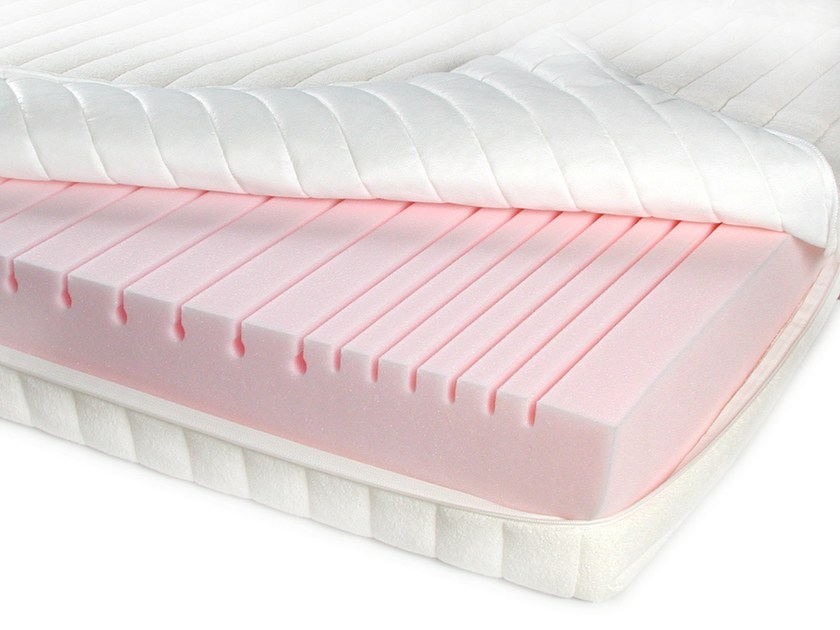 The density of a PU foam mattress is directly related to its overall quality and performance. A higher density foam will provide better support for your body and can help alleviate pressure points, resulting in a more comfortable and restful sleep. On the other hand, a lower density foam may not offer enough support and may lead to discomfort and body aches.
Featured Keywords: PU foam mattress density, foam density, PU foam, mattress, support, pressure points, comfortable, restful sleep, quality, performance
The density of a PU foam mattress is directly related to its overall quality and performance. A higher density foam will provide better support for your body and can help alleviate pressure points, resulting in a more comfortable and restful sleep. On the other hand, a lower density foam may not offer enough support and may lead to discomfort and body aches.
Featured Keywords: PU foam mattress density, foam density, PU foam, mattress, support, pressure points, comfortable, restful sleep, quality, performance
How to Choose the Right Density for You
 When it comes to choosing the right PU foam mattress density, it's important to consider your body weight and sleeping preferences. A general rule of thumb is that the higher your body weight, the higher the density of foam you will need for proper support. Additionally, if you prefer a firmer mattress, a higher density foam will provide the necessary support.
When it comes to choosing the right PU foam mattress density, it's important to consider your body weight and sleeping preferences. A general rule of thumb is that the higher your body weight, the higher the density of foam you will need for proper support. Additionally, if you prefer a firmer mattress, a higher density foam will provide the necessary support.
Other Factors to Consider
 Aside from body weight and sleeping preferences, there are other factors that can affect the density of a PU foam mattress. The type of foam used, the manufacturing process, and the layers of foam in the mattress can all impact the overall density. It's important to do your research and choose a reputable brand that uses high-quality materials and production methods for the best results.
Related Main Keywords: body weight, sleeping preferences, firmer mattress, foam type, manufacturing process, layers of foam, high-quality materials, production methods
Aside from body weight and sleeping preferences, there are other factors that can affect the density of a PU foam mattress. The type of foam used, the manufacturing process, and the layers of foam in the mattress can all impact the overall density. It's important to do your research and choose a reputable brand that uses high-quality materials and production methods for the best results.
Related Main Keywords: body weight, sleeping preferences, firmer mattress, foam type, manufacturing process, layers of foam, high-quality materials, production methods
In Conclusion
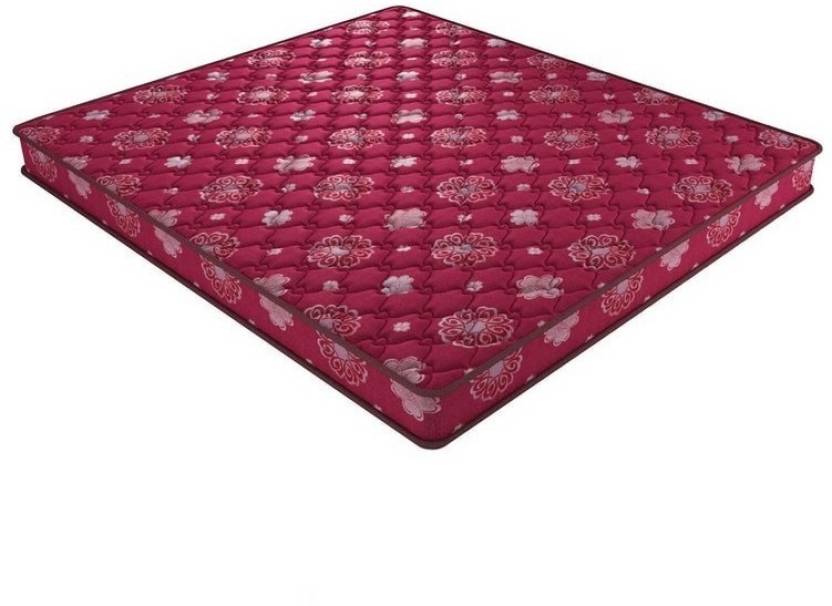 In summary, when it comes to purchasing a PU foam mattress, density is a crucial factor to consider. A higher density foam will provide better support and lead to a more comfortable and restful sleep. Consider your body weight, sleeping preferences, and the quality of materials before making a decision. By understanding the importance of foam density, you can make an informed choice and invest in a mattress that will provide you with the best sleep possible.
Related Main Keywords: PU foam mattress, density, support, comfortable, restful sleep, body weight, sleeping preferences, quality, materials, informed choice
In summary, when it comes to purchasing a PU foam mattress, density is a crucial factor to consider. A higher density foam will provide better support and lead to a more comfortable and restful sleep. Consider your body weight, sleeping preferences, and the quality of materials before making a decision. By understanding the importance of foam density, you can make an informed choice and invest in a mattress that will provide you with the best sleep possible.
Related Main Keywords: PU foam mattress, density, support, comfortable, restful sleep, body weight, sleeping preferences, quality, materials, informed choice





